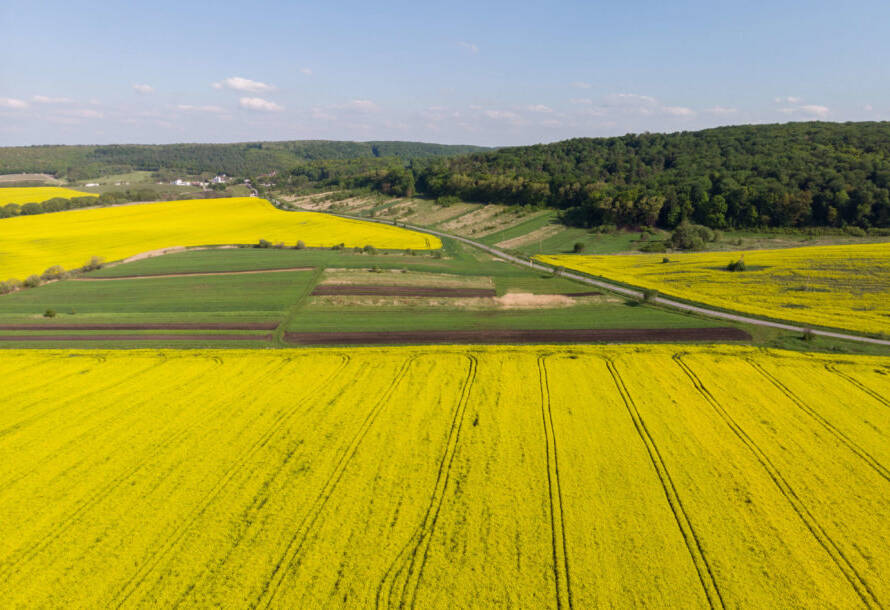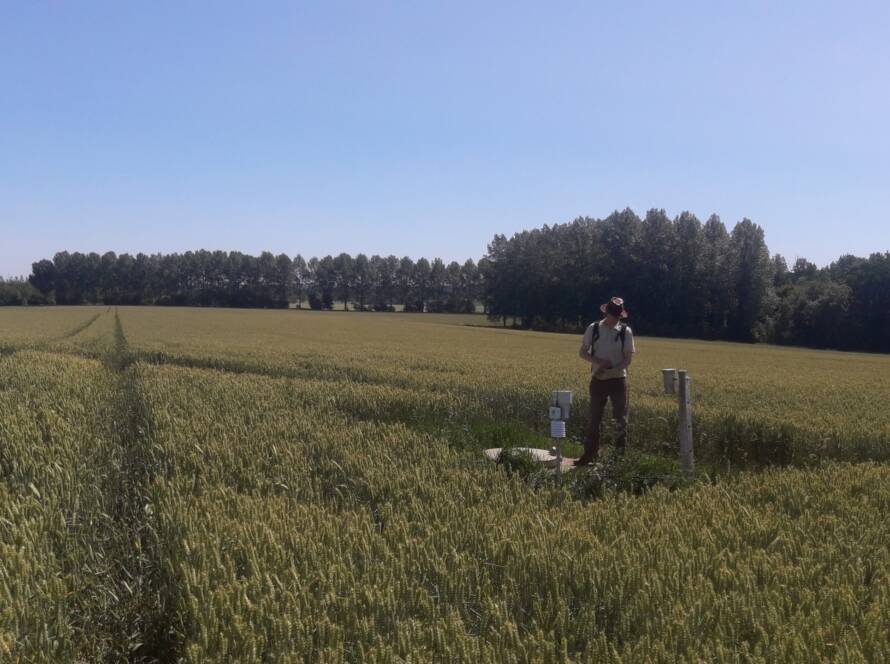Griland EGYPT is currently working with a professional beekeeper to manufacture honey from rapeseed crops grown by its customers.
Oilseed plant grown in our countryside, rapeseed develops a massive flowering in spring and colors the landscapes of’an intense yellow. Very honey-bearing, rapeseed is particularly appreciated by bees who find nectar and pollen in abundance and bring it back to the hive.
A winning duo for both the’apiculturist and the’agriculturer.
The quantities of pollen thus collected allow a significant production of honey and even the multiplication of apiaries. Each nectariferous plant produces a different honey. Rapeseed honey is known for its sweetness and crystallization.
For its part, rapeseed cultivation benefits from’a fertilization reinforced during flowering by the incessant foraging of bees. Thus, a better fertilized crop will have a greater chance of producing good seed yields.
Integrated practices, reasoned practices !
Such a partnership is possible only’ with a rigorous and attentive work at the level of cultural practices. Rapeseed is a plant that attracts many pests such as flea beetles and meligethes that cause considerable damage to the crop before flowering. Combating these pests involves multiple approaches, such as working with their natural enemies, which are known as crop auxiliaries and which are promoted by agri-environmental developments.If this is not sufficient and other techniques for pest control are used, it is important that’elles do not harm bees and other useful insects. To get there,it is MAINLY’ observations on the field of the presence of pests and to postpone the threshold of’ intervention to treat only in case of extreme NEED’.



